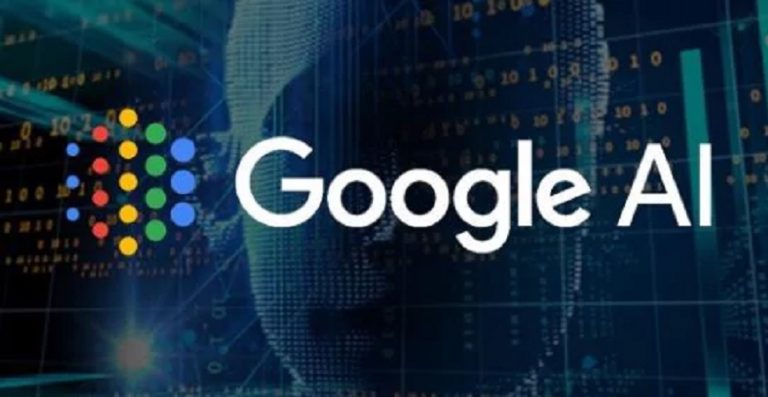
Google’s AI leadership has dismissed concerns about DeepSeek, the Chinese startup that recently surged to prominence, with DeepMind CEO Demis Hassabis stating that Google’s artificial intelligence technology remains superior.
His comments, made during an all-hands meeting in Paris on Wednesday, reflect Alphabet’s confidence despite DeepSeek’s rapid ascent, which rattled U.S. markets after its AI chatbot topped Apple’s App Store, overtaking OpenAI’s ChatGPT.
At the meeting, Alphabet CEO Sundar Pichai read aloud a question summarizing employee concerns about DeepSeek’s success and the potential lessons for Google. DeepSeek gained attention after publishing a research paper claiming it had developed a powerful AI model at a fraction of the cost incurred by competitors. Employees were eager to understand the implications of this development on Google’s strategy as the company continued training future models.
Register for Tekedia Mini-MBA edition 19 (Feb 9 – May 2, 2026).
Register for Tekedia AI in Business Masterclass.
Join Tekedia Capital Syndicate and co-invest in great global startups.
Register for Tekedia AI Lab.
Hassabis responded by suggesting that some of DeepSeek’s claims were “exaggerated.” He cast doubt on the startup’s reported cost efficiency, arguing that the total expenses of developing AI systems go beyond just the training phase. He implied that DeepSeek likely used significantly more hardware than it disclosed and may have leaned on existing Western AI technologies.
“We actually have more efficient, more performant models than DeepSeek,” Hassabis stated confidently. “So we’re very calm and confident in our strategy, and we have all the ingredients to maintain our leadership into this year.”
However, he acknowledged that DeepSeek’s achievements were notable, calling it “the best team I think I’ve seen come out of China.” He added that its progress carried “security” and “geopolitical” implications.
Several U.S. government agencies have already barred their employees from using DeepSeek, citing concerns over potential data privacy risks and the possibility of Beijing leveraging AI technologies for surveillance and cyber operations.
Google’s AI Policy Shift Sparks Internal Debate
Beyond DeepSeek, Google executives also faced employee concerns over a controversial revision to the company’s AI Principles, which quietly removed a long-standing pledge not to develop artificial intelligence for military weapons or surveillance applications.
Employees submitted a flurry of questions on the issue, prompting Pichai to address them directly. Reading an AI-generated summary of the concerns, he concluded with a pointed question: “Why did we remove this section?”
Kent Walker, Google’s president of global affairs, was tasked with explaining the shift. He acknowledged that he, along with Hassabis and senior vice president James Manyika, had led a “strategic reevaluation” of the company’s stance on AI ethics, beginning last year.
Walker traced the origins of Google’s AI Principles back to 2018 when the company declined to renew a controversial contract with the Pentagon known as Project Maven—a U.S. military initiative that used AI to analyze drone surveillance footage. At the time, backlash from Google employees led to the company’s firm opposition to AI-powered weaponry and intelligence gathering.
However, Walker suggested that Google’s strict prohibitions no longer align with today’s “more nuanced conversations” about artificial intelligence.
“An awful lot has changed in those seven years,” he said. “The technology has advanced to the point where it’s used in lots of very nuanced scenarios.”
Google’s move to soften its stance on AI in military and surveillance applications aligns with broader industry trends. Major tech companies, including Microsoft and Amazon, have actively pursued government contracts for AI-driven defense initiatives. Meanwhile, rising tensions between the U.S. and China have prompted calls for American firms to support national security efforts.
The decision, however, has reignited internal tensions within Google. The company has long grappled with employee activism, particularly when it comes to ethical concerns surrounding AI and government partnerships. The abrupt removal of the anti-weapons pledge has left many questioning whether Google is slowly reversing its past commitments to ethical AI development.



